RED Core Facilities
Core Facilities have a mission to facilitate high-impact research and scholarship, and to provide distinctive, high-quality educational opportunities for students. Serving MSU researchers, external academics, and industry, our facilities are accessible, collaborative, and offer competitive rates which allows you to reach your research or industry goals on your timeline. Learn more about our services below, or email [email protected] for more information.
Animal Resources Center (ARC)
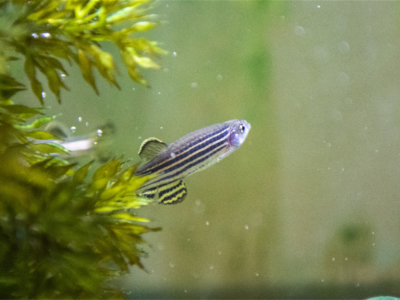
The Animal Resources Center (ARC) is an AAALAC approved animal research facility, providing researchers with the opportunity to study a diverse number of animal species. ARC maintains animal housing rooms, observation rooms, and procedure rooms at BSL 1 and 2 containment levels. The ARC is supported by certified veterinarians and animal care technicians who provide technical support and veterinary care.
RRID:SCR_026351
Director: Kerri Jones
Applied Research Lab
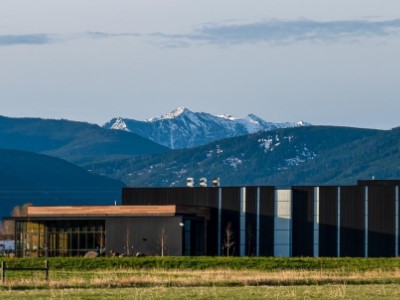
The Applied Research Lab (ARL) utilizes MSU faculty, students, and staff combined with Montana industry to engage in many areas of the university’s research expertise, including laser and photonics, advanced manufacturing, advanced materials, and cyber security.
Director: Al Deibert
Program Lead: Ben Dahlke
Center for Biofilm Engineering (CBE) - Bioimaging & Analytical Cores
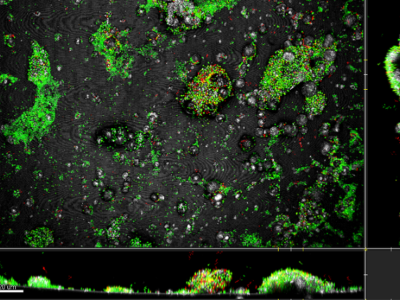
The CBE Bioimaging and Analytical Core Labs offer cutting edge imaging and analysis of intact biofilms for academia and industry at the heart of the Center for Biofilm Engineering at MSU. Our imaging technology allows us to capture with ultimate precision the position, interactions, activity, and identification of microbes in real-time from intact samples. With our broad range of analytical capabilities, we can determine how microbes are interacting and altering their environmental conditions.
RRID:SCR_026519
Director: Matthew Fields Managers: Heidi Smith and Kristen Connolly
Cellular Analysis Core (CAC)
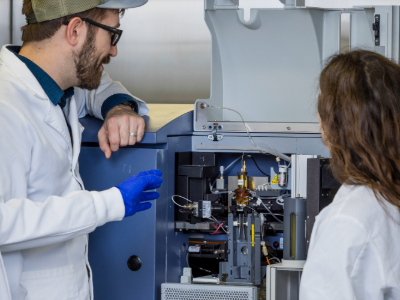
The CAC provides access to functional, up-to-date equipment for flow cytometric analysis and cell sorting, histological sample preparation, and single cell RNA Sequencing which is essential for all researchers in immunology, infectious disease, and cell biology and is highly useful for scientists in other related fields.
RRID:SCR_026328
Director: Diane Bimczok
Manager: Andy Sebrell
Cryo-EM Facility
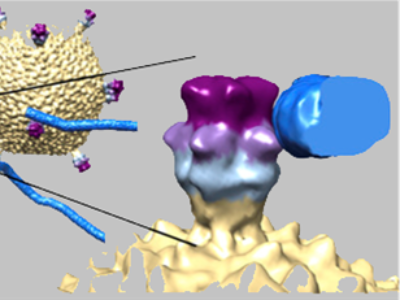
The Cryo-EM core facility at MSU is a regional facility that brings state of the art cryo-EM capabilities, including single particle analysis and cryo-electron tomography, to the Northern Rocky Mountains. Instrumentation includes a 200 kV Talos Arctica with a Gatan K3 camera, 120 kV Tecnai Spirit, and a Vitrobot Mark IV. Collectively, these instruments allow imaging of biological structures at single nanometer to subnanometer resolutions, and thus enable 3D modeling of cells, viruses, proteins, nucleic acid and other soft matter at the atomic level.
RRID:SCR_026324
Director: Martin Lawrence Manager:
Geospatial Core Facility (GCF)
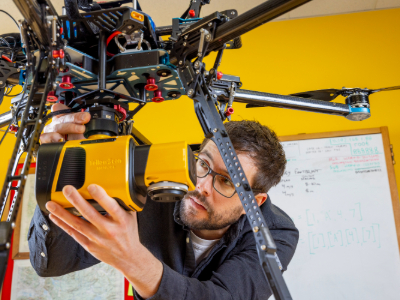
The GCF is a collaborative space for geospatial research and education across MSU and beyond. Integrating expert knowledge with cutting-edge technologies, the GCF provides the capacity for insightful spatial analysis, enabling projects such as mapping and quantifying plant productivity, bringing historic paper maps into the digital age, and making maps and visualizations in your proposal stand out. The GCF welcomes ideas, questions, and collaborations from all research and teaching disciplines, community partners, and stakeholders.
RRID:SCR_026332
Director: Eric Sproles
Manager: Jackson Rose
Imaging and Chemical Analysis Laboratory (ICAL)
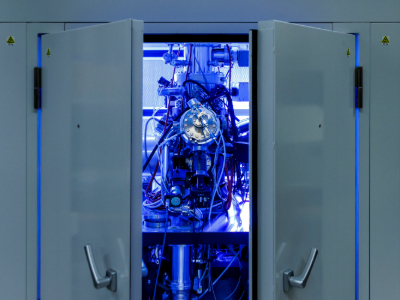
ICAL specializes in complementary surface, interfacial, and bulk characterization of materials via high-resolution imaging and spectroscopy with a suite of tools. ICAL will train faculty, staff and students on most instruments for independent use, or will run samples as needed and assist with analysis. Some of the more popular instruments/analyses are FE-SEM imaging and EDS/EBSD/CL analysis; XRD; AFM; and Auger Nanoprobe analysis. Please contact us for more details about what we can do and how we can help you with your research questions.
RRID:SCR_026325
Director: Recep Avci
Manager: Sara Zacher
Montana Microfabrication Facility (MMF)
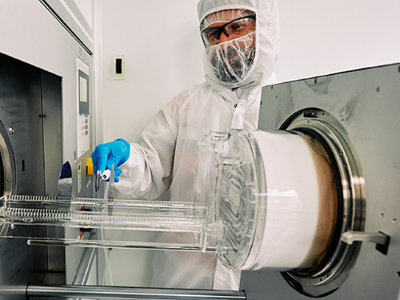
The MMF is a micro and nanofabrication facility that offers a range of processing and packaging capabilities including lithography, wet and dry etching, thin film deposition, dicing, wire bonding, metrology, and inspection. We welcome requests for remote work and strive to provide the best possible user experience.
RRID:SCR_026333
Director: David Dickensheets Manager: Andrew Lingley
Montana State Mass Spectrometry Facility (MSMS)
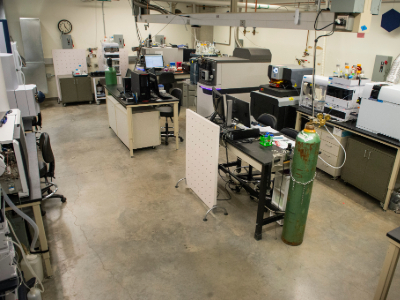
The Montana State Mass Spectrometry (MSMS) Facility provides instrumentation and methods for MS based research at Montana State University and beyond. The facility houses seven mass spectrometers that enable mass analysis of a range of analytes; e.g. volatiles and semi-volatiles, biomolecules, environmental contaminants, and elements. Common applications performed include untargeted metabolomics and lipidomics, small molecule quantitation, and compositional confirmation.
RRID:SCR_012482
Director: Brian Bothner Manager: Don Smith
Nuclear Magnetic Resonance (NMR)
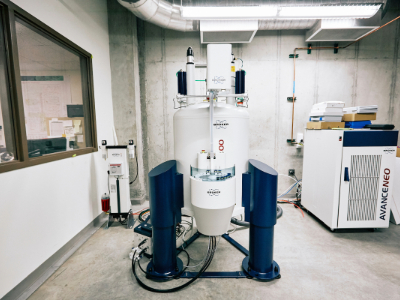
The Nuclear Magnetic Resonance (NMR) Core Facility houses four state-of-the-art solution NMR spectrometers of different magnetic field strengths and complementary NMR capabilities. The NMR instruments are used to characterize, at the atomic level, the molecular arrangements and dynamic properties of small molecules, natural products, chemical synthesis and reaction intermediates, polymers, and complex biological macromolecules.
RRID:SCR_026334
Director: Valérie Copié Manager: Brian Tripet
Research Cyberinfrastructure (RCI)

RCI provides high-performance computing (HPC), virtual machine hosting, large scale storage, and high-performance networking and data transfer systems and services, consulting on technology budgets and implementation for grants, and support for IT components of major research instrumentation, software, and specialized or unique research technology needs.
RRID:SCR_026229
Director: Coltran Hophan-Nichols
Social Data Collection and Analysis Services
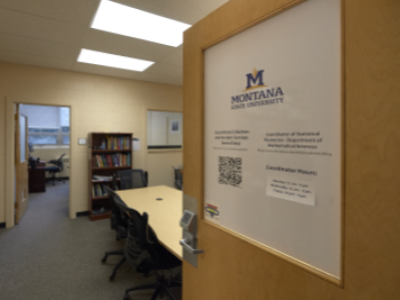
Social Data Collection and Analysis Services (Social Data) is a facility at Montana State University that enables the collection of high-quality data for researchers employing a variety of social and behavioral methods. Social Data, previously the HELPS Lab, has been successfully providing research services since 2015. Social Data is open to the broader community of researchers, with an emphasis on providing tools necessary for researchers to study interactions between human systems and other complex phenomena like public health and ecosystems.
RRID:SCR_026326
Director: Eric Raile
Manager: Greta Linse
